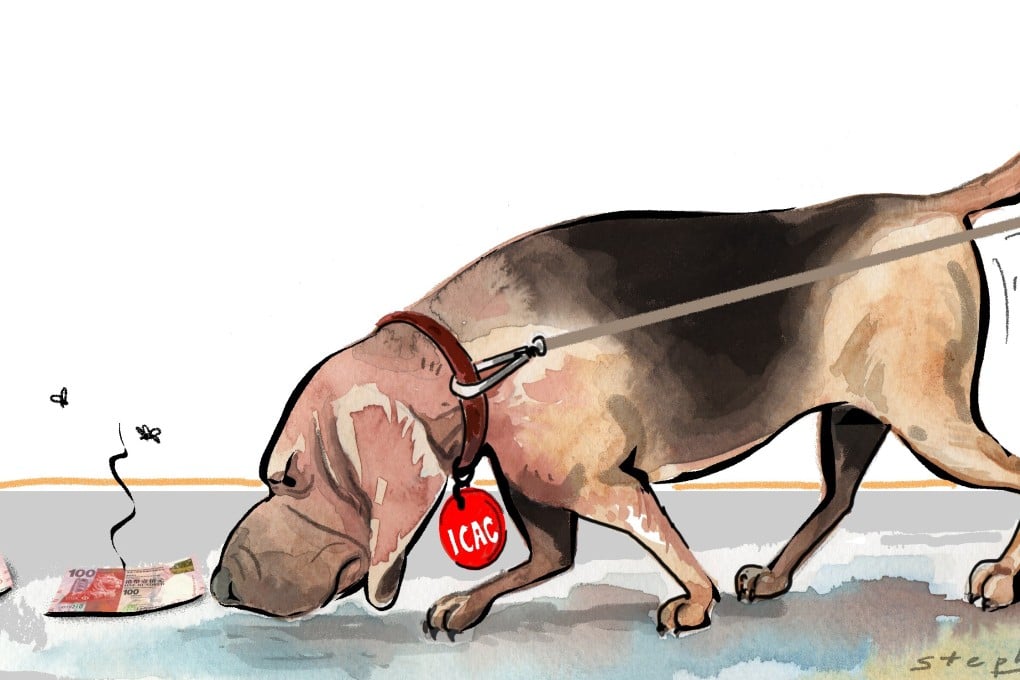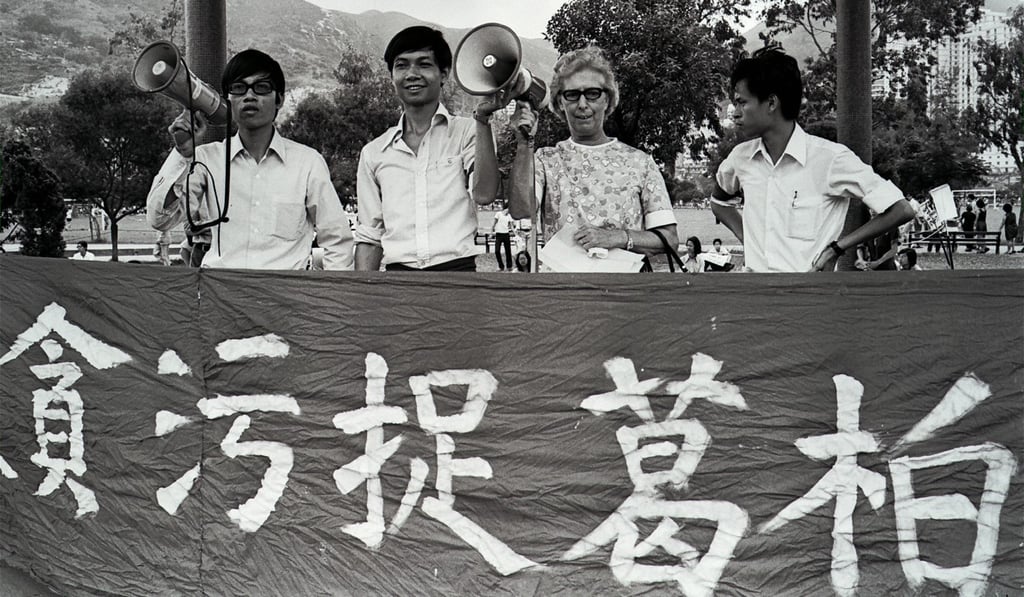What can Hong Kong do to strengthen its anti-corruption agency in these changing times?
- Tony Kwok takes stock of how far the Independent Commission Against Corruption has come in its 45 years. And, to meet future challenges, the government could turn its review committee into a statutory body and set up a Greater Bay Area academy

Many Hong Kong people credit the British colonial government for establishing the ICAC and making Hong Kong a renowned corruption-free society. But this statement is only half true. One should also ask why Hong Kong was so corrupt in the first place. Pre-1974, corruption in colonial Hong Kong had gone from bad to worse. By the 1970s, the problem was probably the worst in the world. Corruption was described as affecting Hongkongers “from womb to tomb”.
Almost every Hongkonger experienced it at some point in their life. It was amazing to observe at the time that whenever Hong Kong had a new governor or new police commissioner coming from Britain to take office, they would vow to eradicate corruption, only for the problem to be worse once they had completed their term.

To be fair, some credit should go to him for appointing the right people to head the ICAC. Jack Cater was named the first commissioner and John Prendergast the first head of operations. Both men were instrumental in setting up an excellent system at the ICAC that has enabled its continued success to this day.
The biggest credit should go to the first generation of ICAC staff who worked tirelessly and without fear to combat the powerful corruption syndicates at the time.
The ICAC’s work was not all smooth sailing, especially in the beginning. In October 1977, hundreds of police officers and their families took part in a huge protest against the crackdown, with some storming the ICAC office. MacLehose quickly gave in to the police demand and declared a generous amnesty for all offences committed before January 1, 1977.
